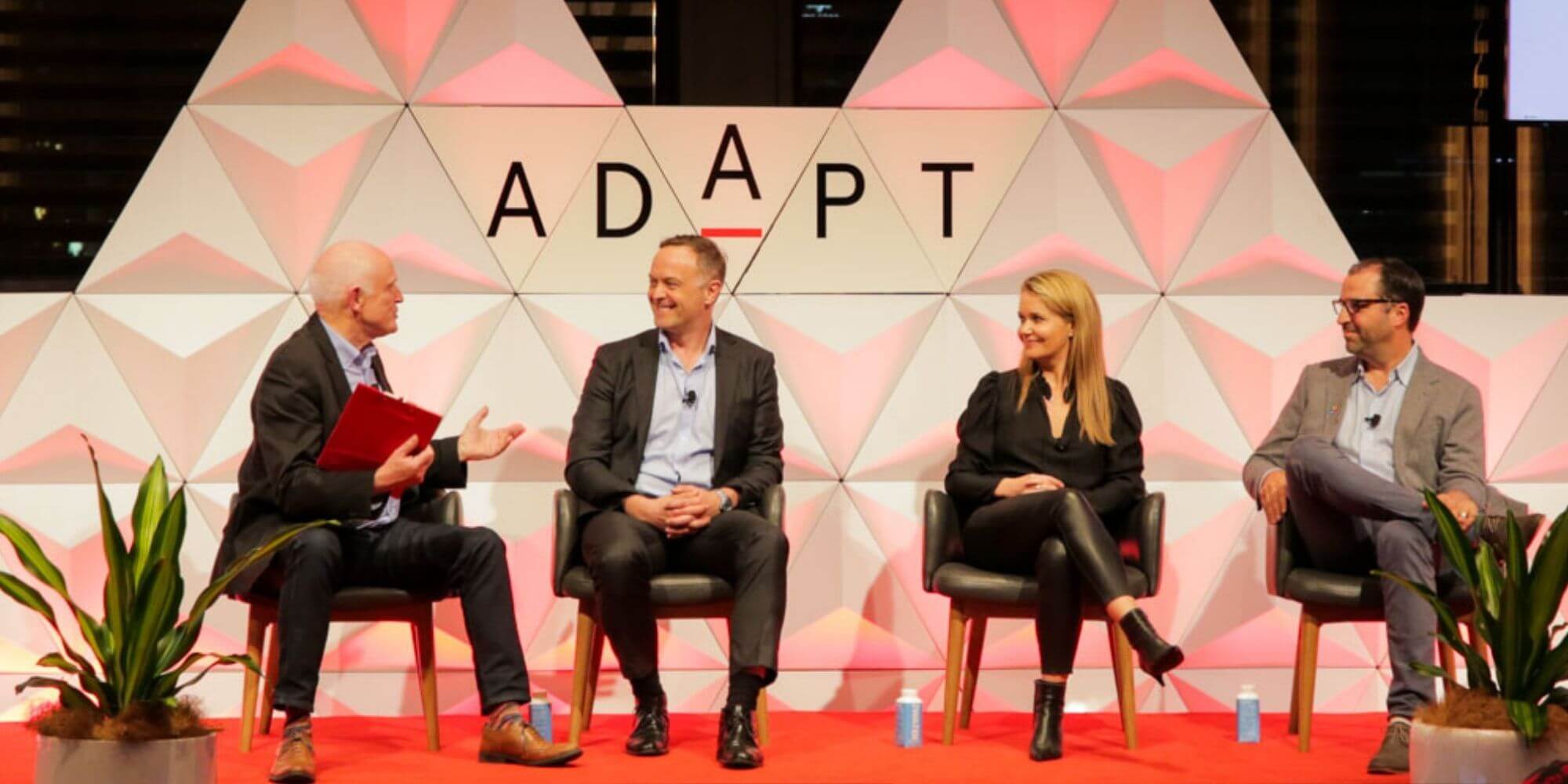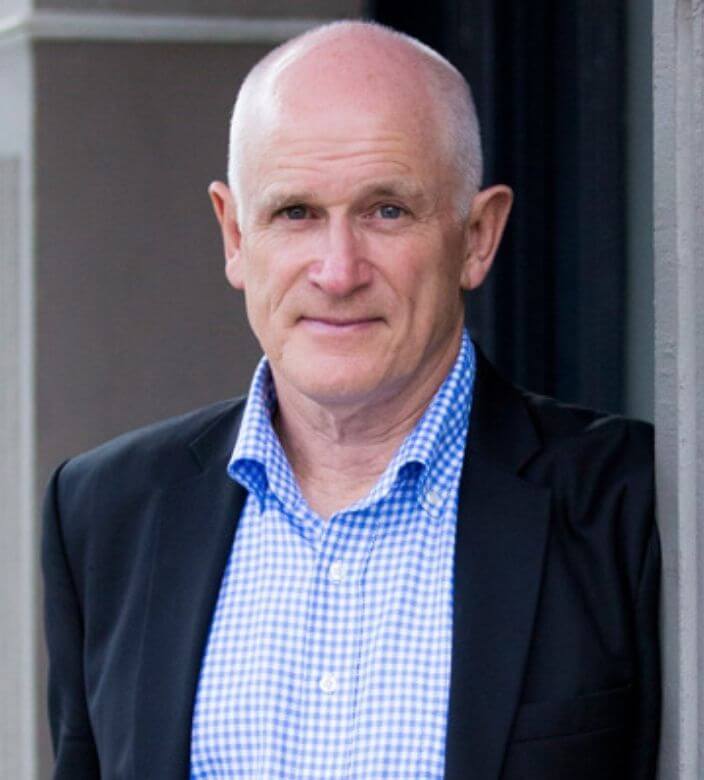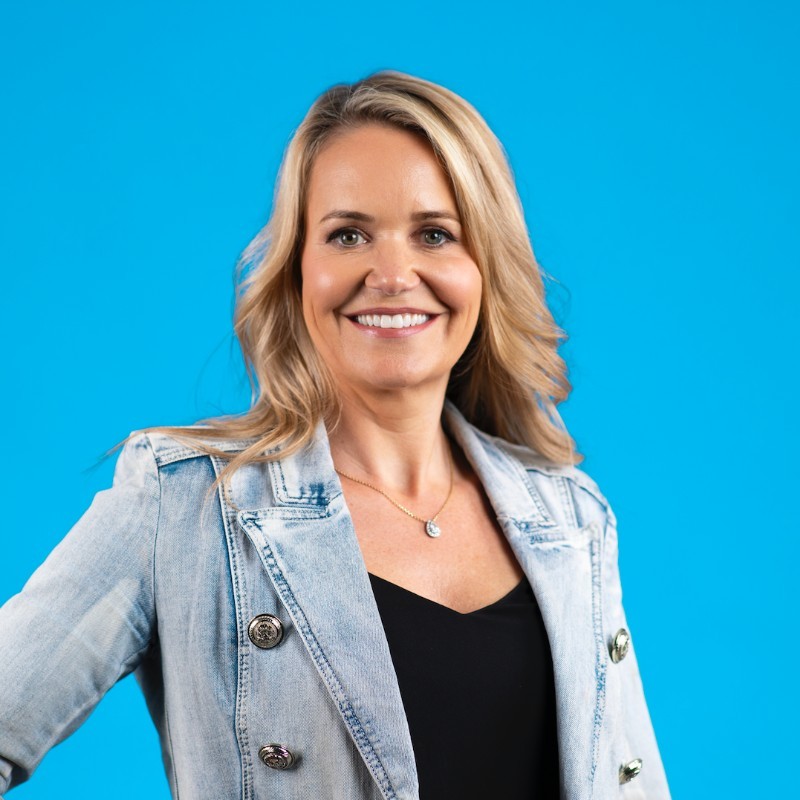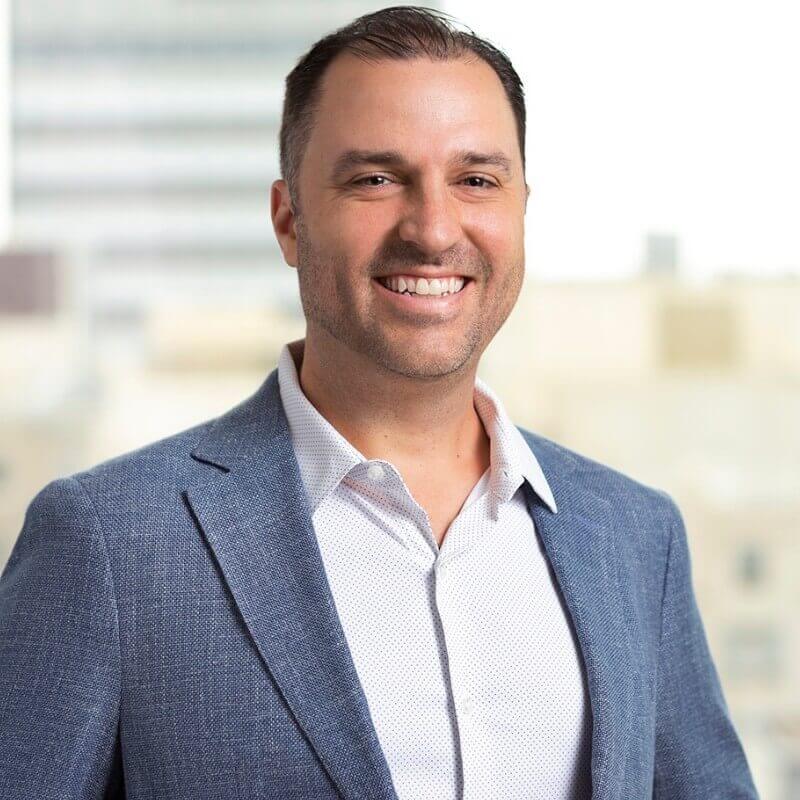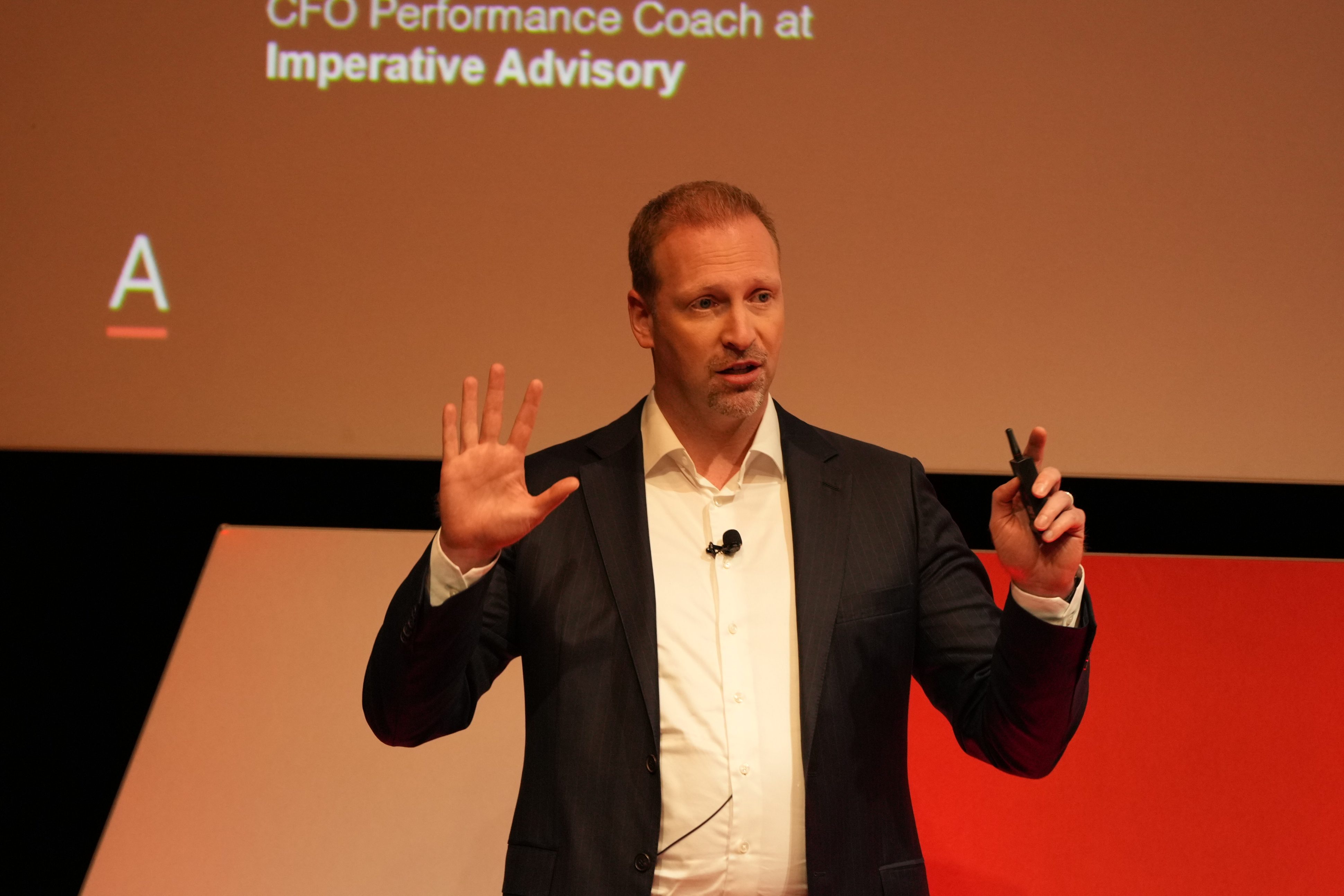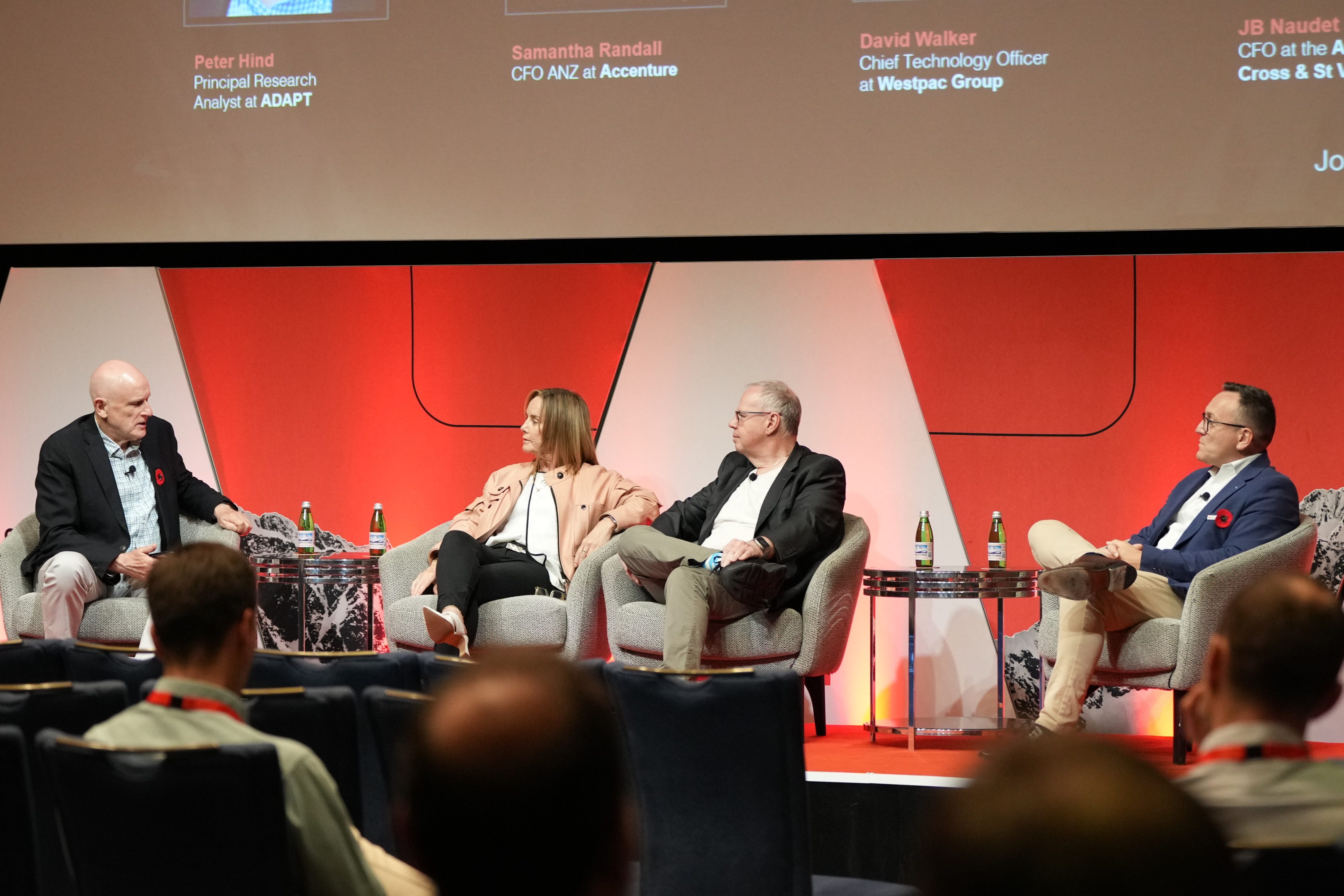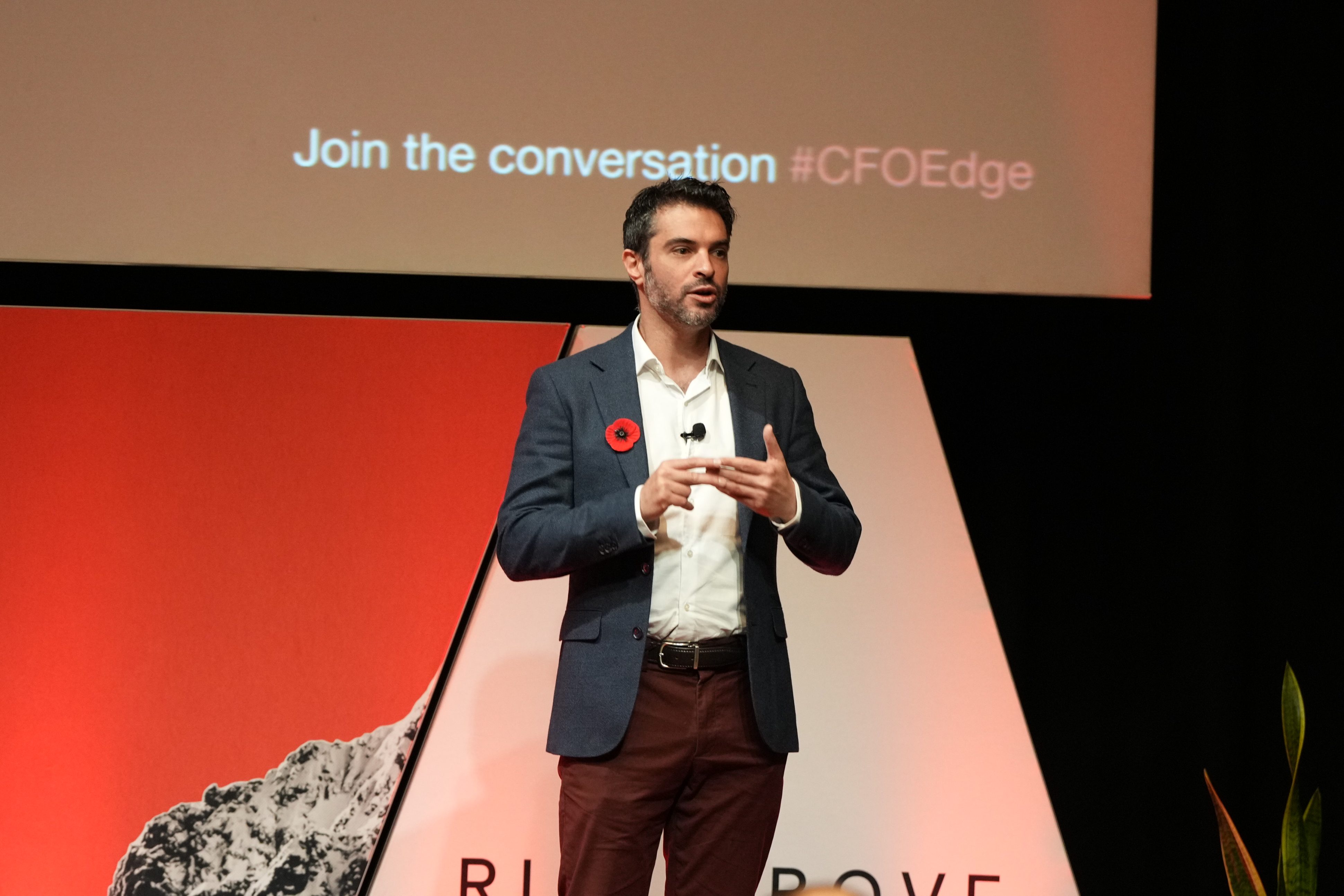The success of continued digital transformation, customer experience and future innovation will depend on executive leadership skills and aligned resources, driving employee experience and productivity through technology uptake.
Digital innovation and experience-centric operations will be driven by improved data and information architectures, allowing for automation, machine learning and AI. This will, in turn, enable visibility and context for service personalisation to gain a competitive advantage.
At ADAPT’s CFO Edge panel discussion, ADAPT’s Senior Analyst, Peter Hind, gathered local experts from Commonwealth Bank of Australia, Slack, and Xero to explore practical ways to deploy the data-driven organisation with advanced analytics for timely, accurate insights and compete on experience.
To unlock the full keynote video and access an entire catalogue of ADAPT’s expert presentations, localised research, case studies, downloadable data and community interviews, speak with a Senior Research Consultant today.
Transcription:
Peter Hind:
You spoke before about using AI machine learning and how that frees people from the mundane to do the services.
I knew you spoke to me about a word I rarely hear. So you told me how you like deviance. So why do you like deviance?
Rachel Powell:
I use the term positive deviance.
Because, so I’ve done a master’s in positive psychology and I learned, and also I have had all of my career in the technology industry. I, therefore, have been in an industry that is constantly looking at disruption.
Marrying the theories and the philosophies of positive psychology with that constant disruptive environment is where positive deviance comes in.
And a lot of people have a connotation of negativity when it’s about deviance.
But deviance it’s a scientific term that measures the distribution from the norm. Positive deviance is saying how are you different from the norm in a positive way.”
We are constantly looking when we’re thinking about the strategy of how we can be positively deviant. How can we be bold? How can we be innovative?
How can we ensure that we’re instilling the right disciplines and the right processes and the right people experience and HR practices internally to encourage that positive deviance, which will be beneficial to our customers?
Peter Hind:
Martin, one thing you told me beforehand that you’re blessed at CBA with a very digital-savvy executive leadership.
You said you couldn’t be a leader in a bank unless you’re digitally savvy.
Absolutely. So how do you then engage work with them to help the bank protect itself from the disruptors who threaten it?
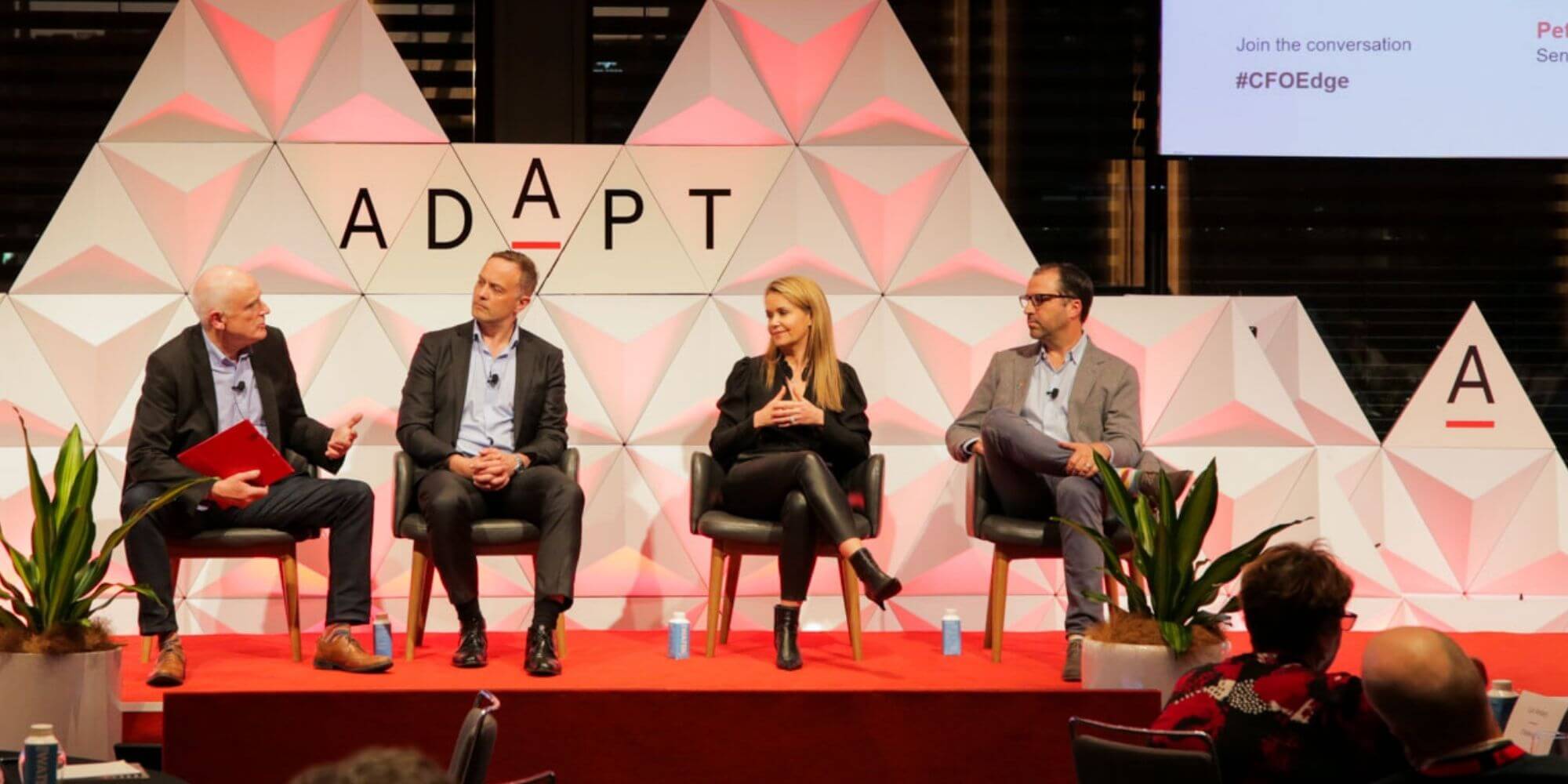
Martin Anderson:
That’s a great question.
The biggest challenge we have is not really around the leadership team is because they’re very digitally savvy.
It’s more around that frozen middle, the domain specialists that have all the knowledge about how to do the business the way that they know-how.”
It’s our responsibility as technologists to educate and elevate that tier of the organisation, bring them into our camp, show them the new ways of doing things, and move them towards that path of transformation.
That education piece is critical for us to respond to disruption because there’s so much moving in this space. At the same time, we have strategic ventures such as existing ventures, which is part of our funding process towards disrupting business.
We have to look at every day for the marketplace because everyone knows you’ve got to keep innovating.
You can’t sit still.
Peter Hind:
Okay, Matt, you talked to me about recognising the CEO as a very lonely role.
How do you communicate with a CEO and give them ideas to help broaden their thinking of where the business needs to go without telling them how to do their job?
Matt Loop:
Delicately. Look, we’ve found success.
And in fact, we had a workshop this morning with a large Australian organisation where it was exactly that.
They were looking for innovation. It’s about finding starting small and finding a piece that we can latch on to that’s meaningful, take it out of theory and find a practical application.”
Our technology and how we can innovate a particular business process that this organisation and we’ve begun we’ve stood that up now, and they’ve seen some of the results from that.
And now, the pallet is wet, and the conversations now a little bit more open than it was trying to come in with pie in the sky thinking or something that wasn’t understood yet.
And so, we’ve been patient and focus on one small win.
To unlock the full keynote video and access an entire catalogue of ADAPT’s expert presentations, localised research, case studies, downloadable data and community interviews, speak with a Senior Research Consultant today.





















